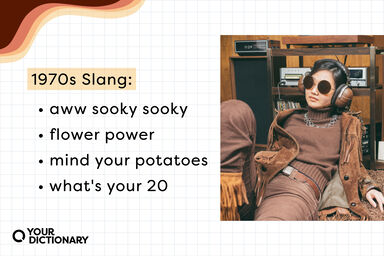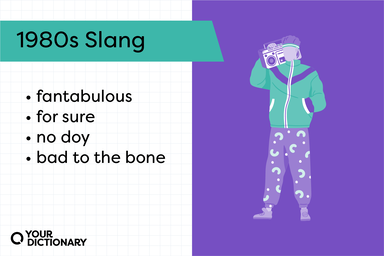Cool Definition
- quick-freeze
- reduce the temperature of
- frost
- precool
- air-condition
- air-cool
- abate
- lessen
- temper
- refrigerator
- ice
- chill
- freeze
- calm
- allay
A moderate or refreshing state of cold; moderate temperature of the air between hot and cold; coolness.
A calm temperament.
- To calm down; relax.
- To stop doing something.
- To wait or be kept waiting.
- to lower the body temperature, pulse, etc. after vigorous exercise
- to become less heated, passionate, agitated, angry, etc.
- to calm down
- to calm down
- to lose enthusiasm, interest, etc.
Idioms, Phrasal Verbs Related to Cool
Origin of Cool
-
From Middle English colen, from Old English cōlian (“to cool, grow cold, be cold”), from Proto-Germanic *kōlēną (“to become cold”), from Proto-Indo-European *gel- (“to freeze”). Cognate with Dutch koelen (“to cool”), German kühlen (“to cool”), Swedish, häftig (“cool”)kyla (“to cool, refrigerate”). Also partially from Middle English kelen, from Old English cēlan (“to cool, be cold, become cold”), from Proto-Germanic *kōlijaną (“to cool”), altered to resemble the adjective cool. See keel.
From Wiktionary
-
From Middle English, from Old English cōl (“cool, cold, tranquil, calm”), from Proto-Germanic *kōlaz, *kōlijaz (“cool”), from Proto-Indo-European *gelǝ- (“cold”). Cognate with Dutch koel (“cool”), German kühl (“cool”). Related to cold.
From Wiktionary
-
Middle English cole from Old English cōl gel- in Indo-European roots
From American Heritage Dictionary of the English Language, 5th Edition
Related Articles
Find Similar Words
Find similar words to cool using the buttons below.





